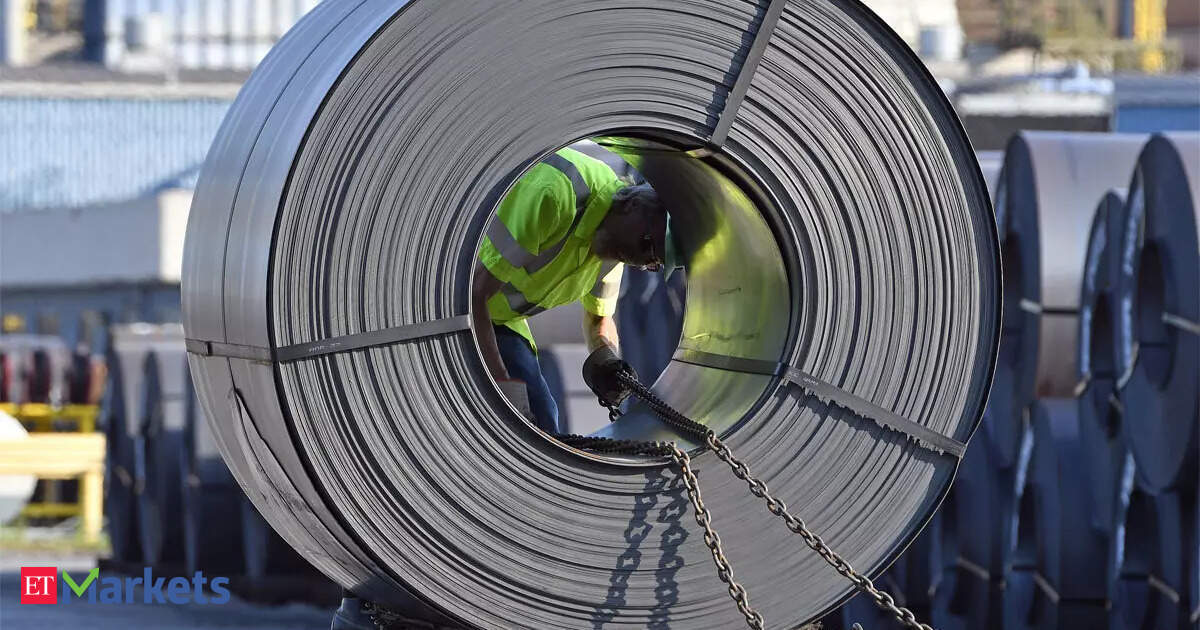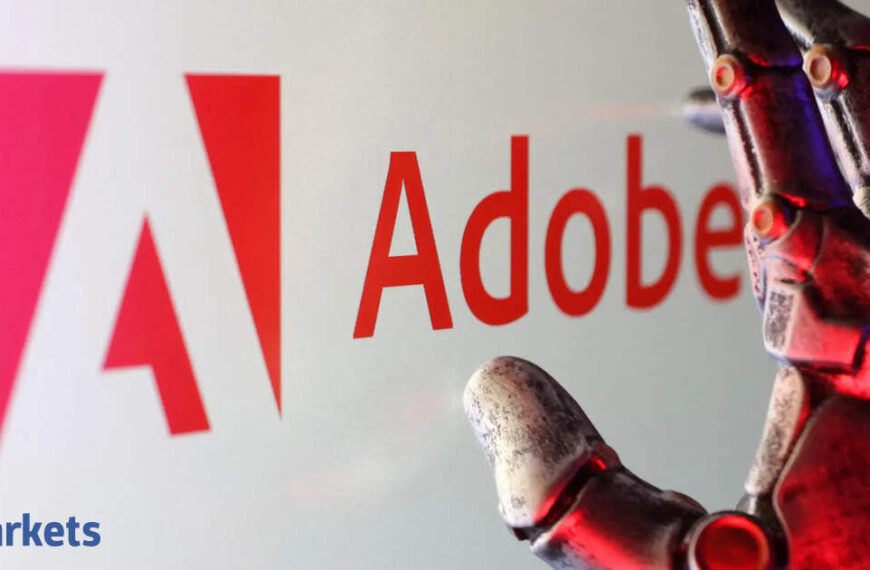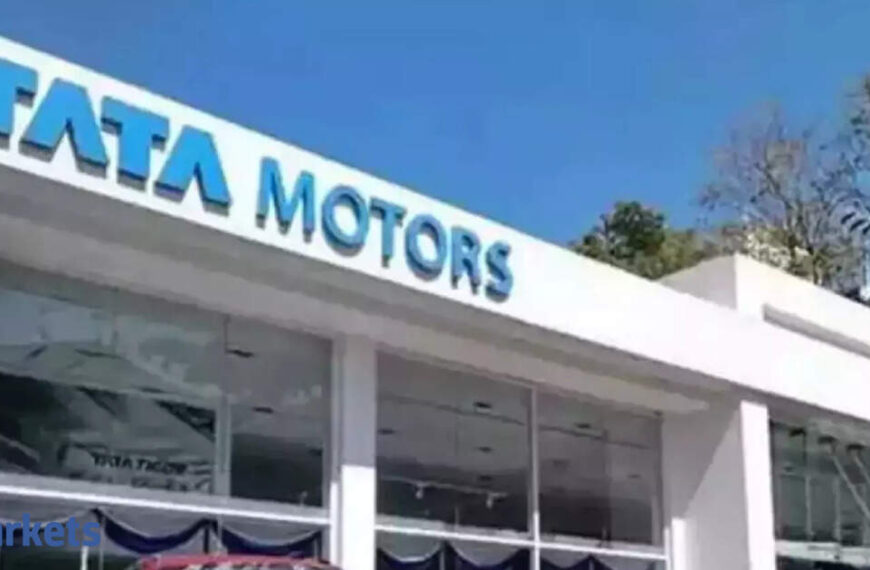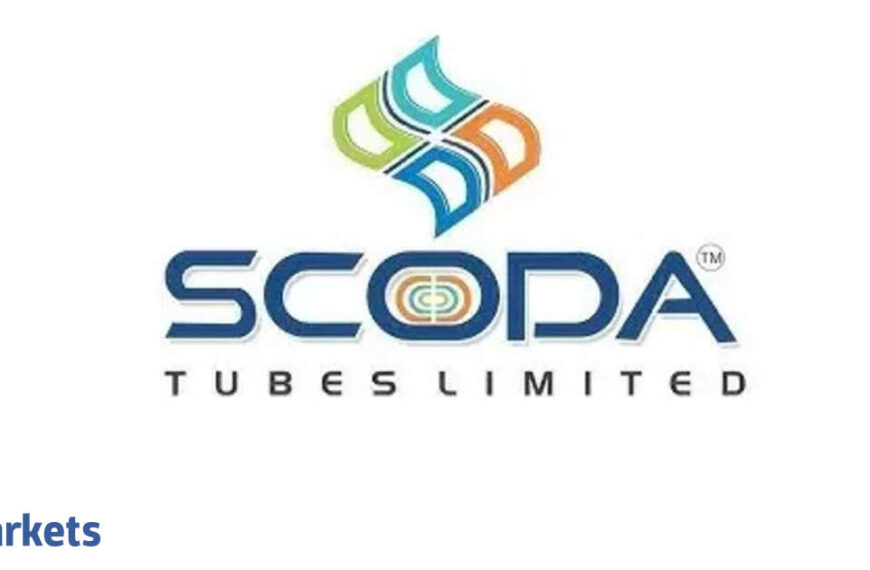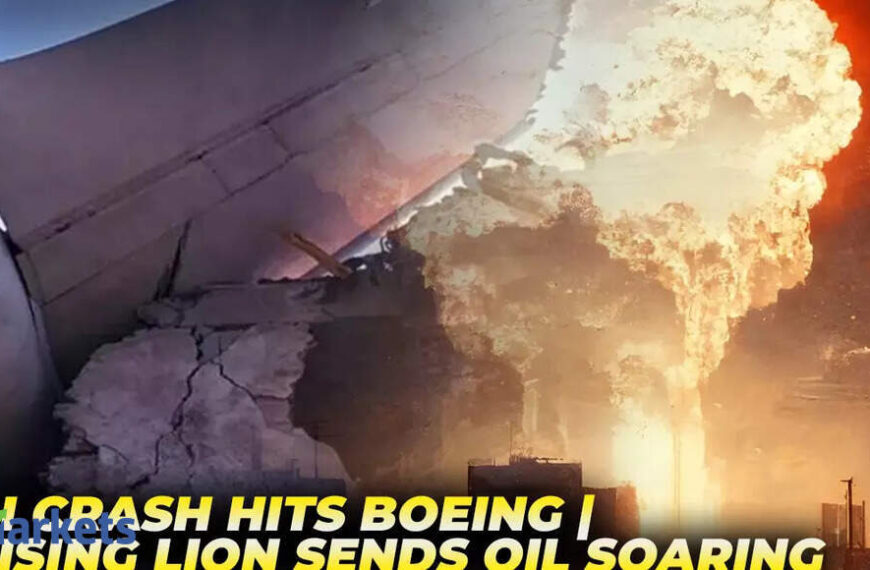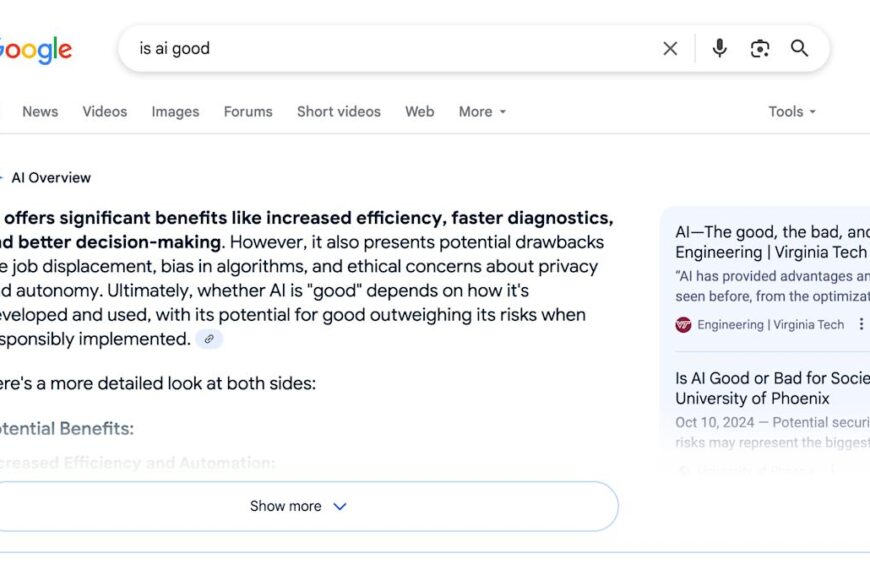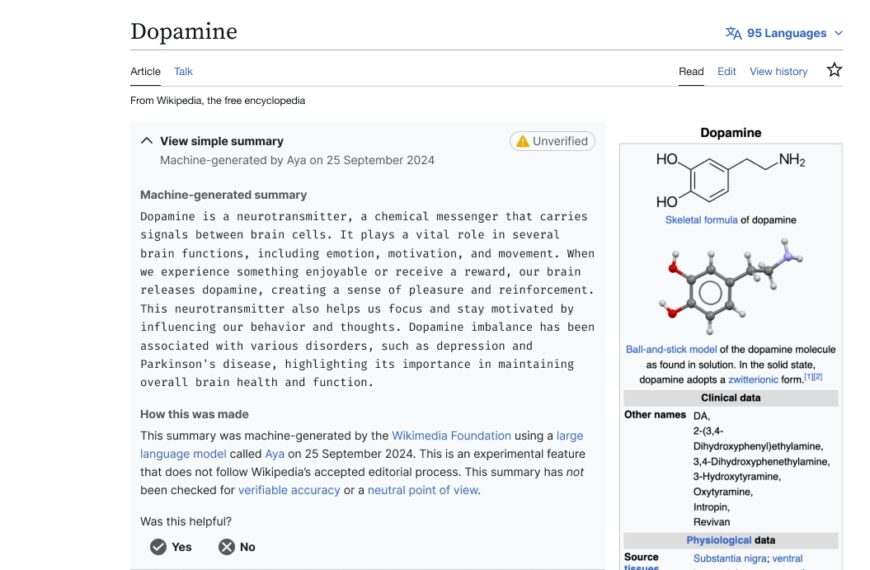The scheme is applicable only to hot rolled, cold rolled, wire rods and alloy rounds, while the safeguard duty is for coated and galvanised sheets,” Engineering Exports Promotion Council (EEPC) chairman Pankaj Chadha said, adding that a centralised portal is also missing as a result of which the efficacy of this scheme cannot be determined. He further said, “Steel mills have been asked to provide steel supply data which has not been received till date.” Taking a contrarian stance, Arun Kumar Garodia, Managing Director of Corona Steel, and Ex-Chairman EEPC said the scheme is working fine. “If any MSME exporter needs steel, they can easily procure it under the scheme,” he added.
Chadha also alleged that the grades of steel covered by the scheme are available at lower prices in the domestic market.
“The scheme offers export parity rates, but domestic steel prices are already subdued,” said a steel industry executive, who did not wish to be identified, adding demands raised by the players has been met under the scheme.
The hot rolled coil (HRC) domestic prices increased after the safeguard duty kicked in to ₹52,850 per tonne, but the prices have come down recently to ₹51,300 per tonne, according to an industry analyst.
Multiple representatives from primary steel producers said while systems to seek special pricing are in place, MSMEs are not coming forward to take advantage. Neither EEPC nor steel producers shared details about the quantity consumed under the scheme. This arrangement between MSME exporters and large steel producers was brokered by the Centre, with an aim to shield EEPC members using steel to make finished goods from price increases on account of safeguard duty.
